Qatar cites 'small progress' in talks to mend ties with Saudi Arabia
Qatar says there was “small progress” in talks with Saudi Arabia on healing their two-year rift at the Persian Gulf Cooperation Council (GCC) summit held last week.
There has been "small progress, just a little progress,” Qatari Foreign Minister Sheikh Mohammed bin Abdulrahman Al Thani said on Saturday when asked whether there was progress at the summit.
Qatar’s Emir Sheikh Tamim bin Hamad Al Thani turned down an invitation by Saudi Arabia to attend the 40th PGCC summit in Riyadh this month, naming Prime Minister Abdullah bin Nasser bin Khalifa Al Thani to lead the Qatari delegation to the annual meeting.
Despite earlier speculation about a possible thaw in Saudi relations with Qatar in the course of the talks, the summit came to an end with no progress made in their standoff.
Earlier this month, Qatar said attempts to diffuse tensions between the two countries had “moved from stalemate to progress.”
Saudi Arabia, the United Arab Emirates, Egypt, and the tiny country of Bahrain cut off diplomatic ties with Doha and imposed an air, land, and sea blockade on Qatar in 2017, after officially accusing the country of “sponsoring terrorism.” Doha denies the allegation.
The quartet urged the Qatari government to comply with a list of demands that included severing ties with Iran and closing a Turkish military base in Qatar or face sanctions. Doha flatly rejected the demands and said it was being targeted because of the independent policies that it pursued.
Signs of a thaw emerged despite Doha's refusal to accept the boycotting countries’ demands.
It seems that Riyadh changed its tone as a result of its failure both in the economic boycott of Qatar and in the military campaign against Yemen.
Saudi Arabia is also quietly seeking to improve relations with Iran amid economic concerns and doubts about Washington's backing for Riyadh.
In addition to Iran, Riyadh has been holding secret talks with Yemen’s Houthi fighters, while trying to find a way to end a two-year deadlock with Qatar.
Riyadh and Tel Aviv are among the few staunch critics of a UN-endorsed nuclear deal signed in 2015 between Tehran and the five permanent members of the UN Security Council.
Amid an intense lobbying campaign by the pair, the US abandoned the deal in May 2018 in defiance of UN Security Council Resolution 2231 and many reports by the world body’s nuclear watchdog confirming the peaceful nature of Iran’s nuclear work and Tehran’s full compliance with that deal.
Backed by its vassal states in the region, the US has since been attempting to militarize the Middle East’s key waterways under the pretext of confronting what it calls Iranian “threats” to regional peace.
Washington and its allies have blamed Tehran for a number of attacks on oil tankers in regional waters, with the US launching a push to create an international coalition of allies under the guise of protecting the shipping lines of the Persian Gulf.
Iran rejects the claims and says those assaults were false-flag operations meant to frame the Islamic Republic.
Iran has repeatedly said it is ready to settle its differences with Saudi Arabia through dialog. It has also drawn up an initiative dubbed — Hormuz Peace Endeavor (HOPE) — aimed at boosting collective neighborly efforts to safeguard the region free from foreign interference.
Not all of the GCC countries, however, have adopted Riyadh’s aggressive stance towards Tehran.
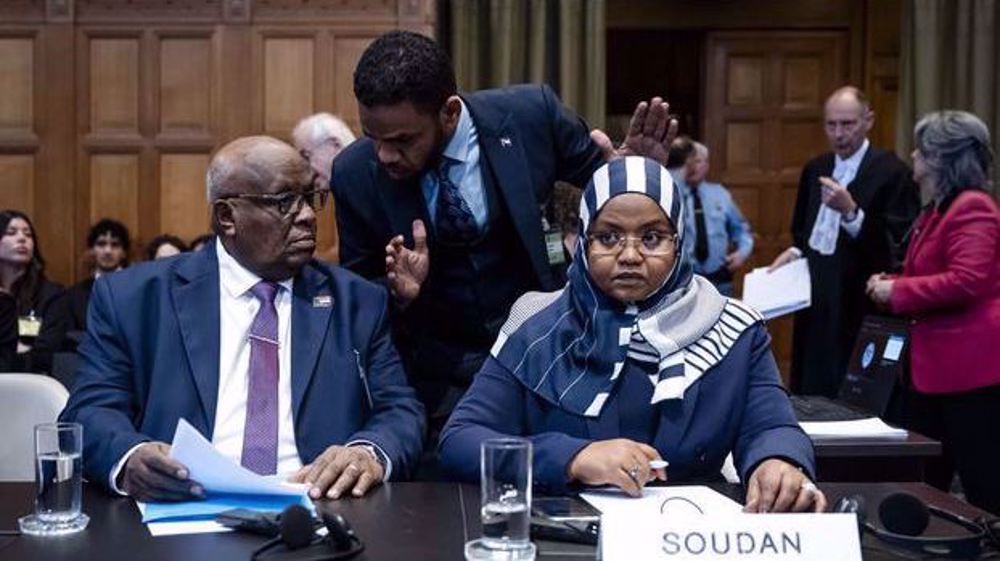
Sudan takes UAE to World Court over 'genocide' in Darfur
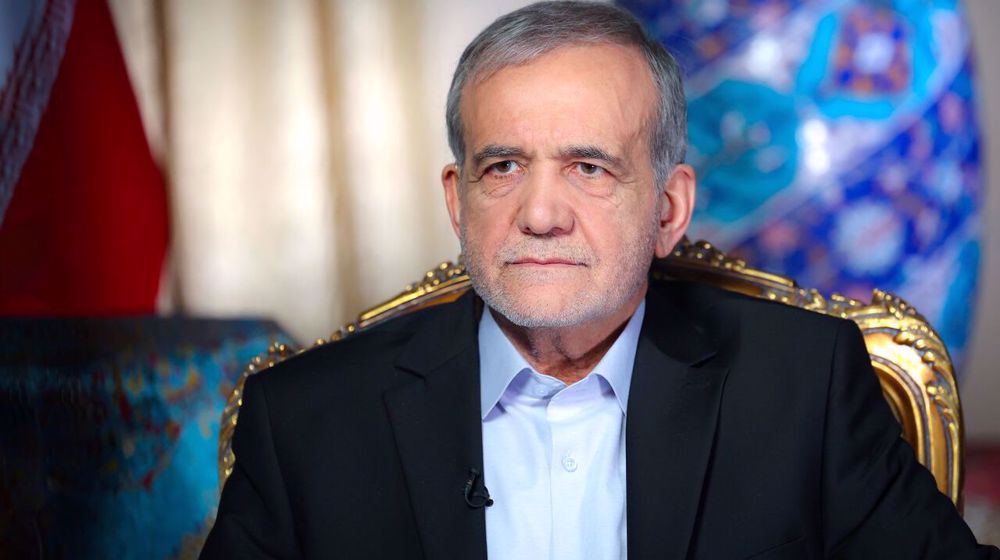
Pezeshkian: Iran seeks stronger ties with neighboring countries
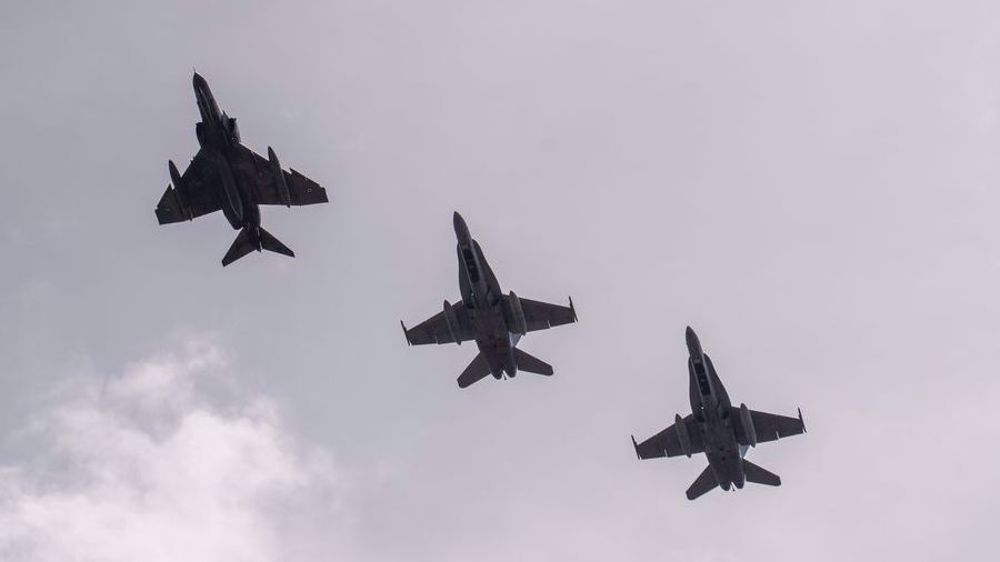
Qatar joins Israel for 'side by side training' in aerial drills in Greece
Iranian FM submits Leader’s written message to President Putin
Israeli minister: Troops to remain in Gaza, Lebanon, Syria ‘indefinitely’
Iran takes four countries to World Court over 2020 downed jet
Advocacy group files war crimes case in US against Israeli soldier
Israel secures 6-month delay in Gaza genocide case at ICJ
Houthi says US encouraging Gaza genocide, calls for arming Palestinians
VIDEO | Press TV's news headlines
Remembering Abdel Aziz Al-Rantisi, Hamas co-founder and ‘Lion of Palestine’










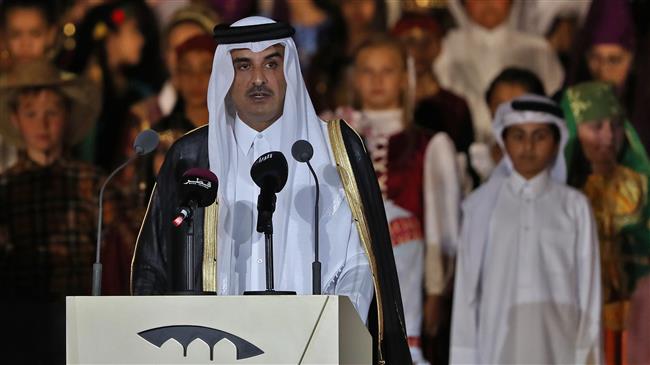
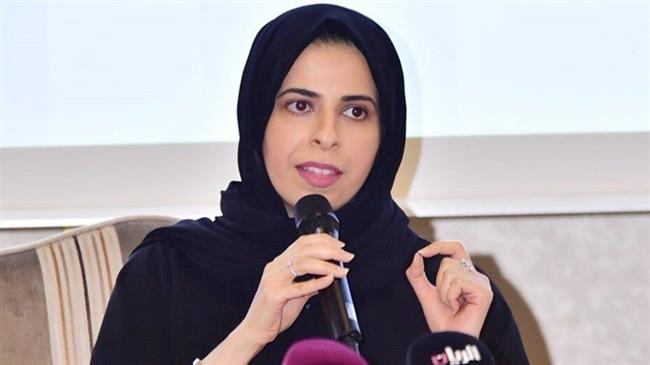

 This makes it easy to access the Press TV website
This makes it easy to access the Press TV website